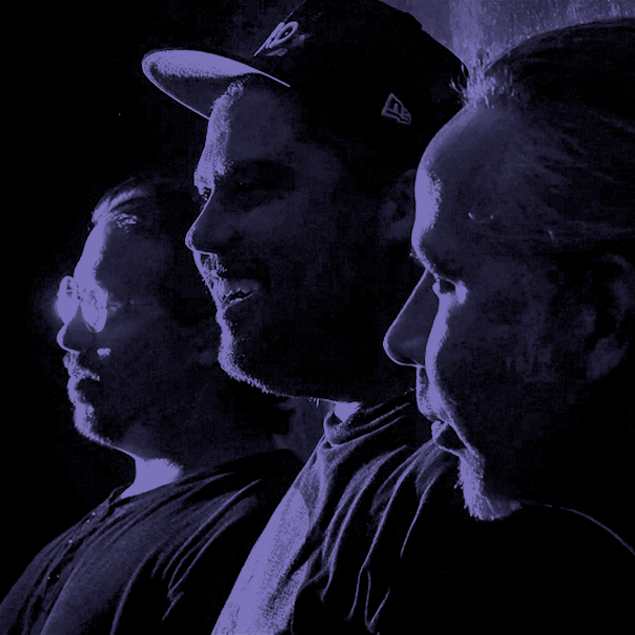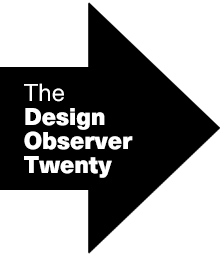
The Design Observer Twenty | Sponsored by IDEO
The Design Observer Twenty is our curated selection of twenty remarkable people, projects, and big ideas solving an urgent social need.
It’s just one of the many topsy-turvy attractions at The World’s UnFair, an Indigenous-themed carnival that opened in the fall of 2023 to a crowd of 600 people.
The public art installation is the latest — and most significant — undertaking of the New Red Order (NRO), a public secret society that uses provocative art and humor to help North Americans identify, confront, and subvert their “ludicrous inheritances” of settler colonialism, says Jackson Polys.
He’s a multidisciplinary Tlingit artist who facilitates the New York-based group with filmmaker-brothers Adam and Zack Khalil of the Ojibwe tribe. Their work focuses on what they see as the “contradiction” of existing in a society originally shaped by settlers’ violent displacement of Native people and currently defined by their descendants’ “excessive desire” for Indigeneity, says Polys, which plays out as grotesque and profitable appropriations used for clothing, rituals, art, and sports teams.
One way to untangle the emotional thicket and keep people engaged, according to NRO: call them in as your “informants and accomplices.”
The group aims to return stolen land to Indigenous people — a goal shared by the broader Land Back movement, which also addresses symptoms of injustice, including mass incarceration of Indigenous youth, as part of their advocacy.
NRO’s “Give it Back” multimedia installations, which have featured in galleries and venues throughout the U.S. and Canada, spotlight instances of institutions and individuals voluntarily returning land to Indigenous people to show that “rematriation” is increasingly possible.
The mission is serious, but their tone is far from it: NRO satirizes the profiteering, brutality, and guilt leveled at Indigenous people with the likes of real-estate ads, recruitment booths, and plenty of visual and verbal riffs (case in point: The UnFair’s “Fort Freedumb” video sculpture).
“We talk about the work we do as a serious joke,” Adam Khalil says. “Humor [is] a way to neutralize those fears and let people in on the joke and have the joke be about them at the same time … to open up a much larger conversation that’s maybe harder to get into without a little bit of sugar to make the medicine go down.”
NRO’s name is a direct reference to The Improved Order of Red Men, a centuries-old American secret society that, since 1934, has operated as a whites-only fraternal organization that uses redface and Native regalia in its rituals. But it’s also a nod to anthropologist Michael Taussig’s discussion of “the public secret” — an unspoken truth that underlies how we make our way in the world. “The fact that we’re all living on stolen land is maybe one of the alternate public secrets in the western hemisphere,” Adam Khalil says.
Through their work, NRO hopes to turn this secret into a shared belief in something better.
“Manifest destiny really existed because people believed in it — that’s how it became our contemporary reality,” Zack Khalil says. “It took over 500 years to dispossess Native people of our land, and I hope it doesn’t take this long, but it might take 500 years to decolonize, to have that land returned, and that might be something that happens parcel by parcel. Our hope in showing these examples is to accelerate that process.”
Essay by Delaney Rebernik.



